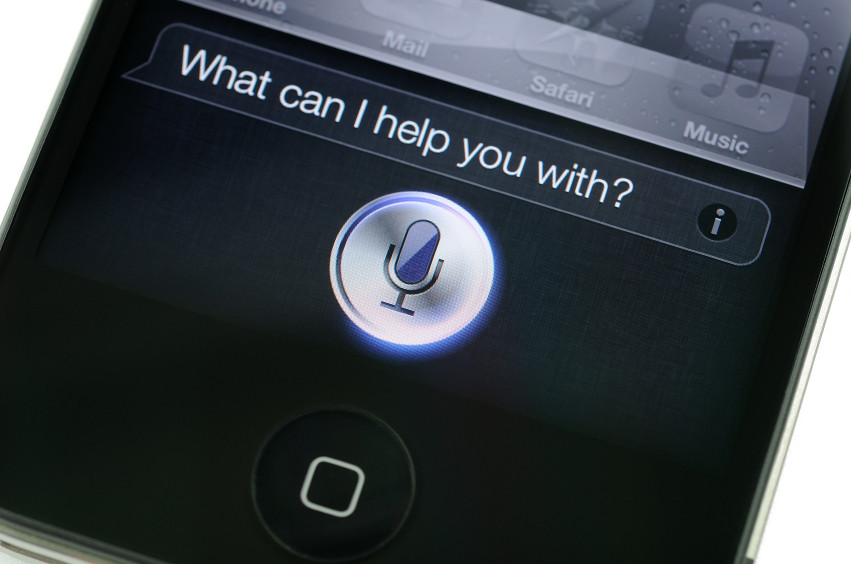Hands-Free Devices May Not Reduce Charleston Car Accidents

For quite some time, hands-free devices have been touted as a safer method for making calls to avoid car accidents in Charleston, as well as around the rest of the country. Two new studies performed by the University of Utah, in conglomeration with the AAA Foundation for Traffic Safety, have discovered this isn't necessarily true. In some cases, hands-free devices actually cause a driver to be more distracted than they would have been on a regular hand-held phone call. Distractions While Driving Researchers didn't simply look into cell phone use, though. They examined multiple versions of interactive voice-command technologies, as well as distracting activities, and then rated them on a scale of 1-5. Higher scores indicate a higher level of distraction.
- Listening to the radio 1.21
- Listening to a book on tape 1.75
- Using a hands-free cell phone 2.27
- Talking with a passenger 2.33
- Using a hand-held cell phone 2.45
- Using an error-free speech-to-text system to compose e-mails and texts 3.06
Safety of In-Vehicle Systems Study participants were given the opportunity to use multiple hands-free devices while driving simulators and on streets. Those on the road had someone with them to ensure safety during the trials. The findings of trials, which involved systems implemented by vehicle manufacturers, indicate a wide variance in their general safety. The most common brands they tested are listed below, ordered from the safest to the most distracting system.
- Toyota Entune 1.7
- Hyundai Blue Link Telematics 2.2
- Chrysler UConnect 2.7
- Ford SYNC with MyFord Touch 3.0
- Mercedes' COMMAND 3.1
- Chevrolet's MyLink 3.7
Additional Findings Naturally, the least-distracting activities involved giving a device a simple command, like telling it to turn on the radio. It was also discovered that systems, which utilize natural, recorded voices are less distracting than those that have synthesized or computer-generated voices. Unsurprisingly, technology, which was "error-free" and recognized commands with ease, was also safer than error-prone voice recognition systems. For example, Apple's Siri scored a whopping 4.14 on the distraction scale. With that said, Siri uses algorithms to improve its level of understanding the more it hears a voice, so it's possible it could be less distracting for a driver who has been using the system for a while. However, it certainly sounds like using it right out of the box to complete a complex task while driving, such as Tweeting, is almost like asking for a car accident. The bottom-line is that none of these things are actually safe to use while driving. Even still, researchers don't expect their use to fade away anytime soon. Instead, they hope that the conclusions of their study will help manufacturers of hands-free devices improve their technology to make it safer.
Charleston Car Accident Attorney
Even when people use hand-free devices in an attempt to be safer, they're still driving distracted, which increases the risk of a wreck. If you have been injured by an inattentive driver, you may be entitled to compensation to help with medical bills and other needs. Contact us about your case or speak directly with one of our attorneys by calling 1(800)610-2546.
Contact Us
Clore Law Group welcomes your questions about any issues concerning a serious personal injury, car accident, medical malpractice, nursing home neglect, or business tort. If you have a viable claim, we’ll explain the legal process. Since consultations are always free, there’s no cost in learning your legal options.